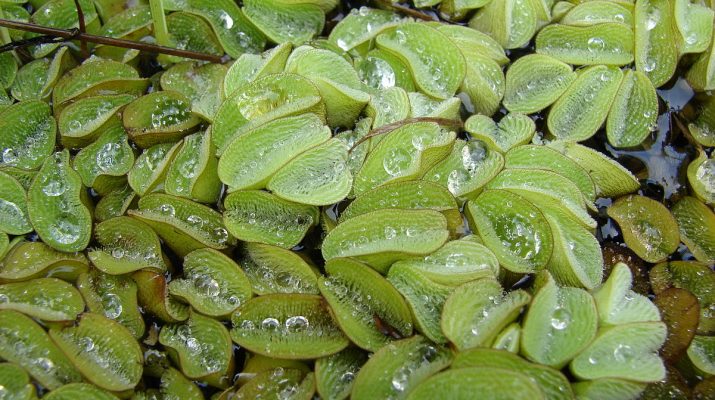Residents in Melbourne’s south-east are urged to be on the lookout for the declared state-prohibited weed Salvinia (Salvinia molesta) and report any suspected plants to Agriculture Victoria.
Salvinia was recently discovered in a natural waterbody in Cranbourne.
The source of the infestation in unknown but is thought to have been carried to this waterbody by aquatic birds, possibly from an unknown infestation nearby.
Agriculture Victoria biosecurity manager for high risk invasive plants Angela Constantine said it was imperative any locations where the weed has infested were reported to Agriculture Victoria.
Salvinia is a state-prohibited weed, the highest category of noxious weed in Victoria.
We’re aiming to eradicate this weed from Victoria because of the significant impacts it can have to agriculture, the environment and public places,” Ms Constantine said.
Salvinia is a free-floating aquatic fern that can rapidly spread to cover the water surface.
“Under suitable conditions, a salvinia infestation can double in size every few days, so can quickly spread to completely cover a waterbody,” Ms Constantine said.
“Salvinia can therefore have negative impacts by blocking waterways, impeding irrigation, reducing water quality and preventing recreational activities. It can result in a loss of native flora and fauna.”
Salvinia has small oval leaves up to five centimeters long that float on the water surface and grow in opposite pairs. In dense infestations, the leaves are folded, but when the plants have more space they grow flat on the water. The leaves are covered in waxy hairs which make the leaves water repellent.
If you see Salvinia, or have it on your property, please report it to Agriculture Victoria on 136 186 or email weed.spotters@ecodev.vic.gov.au. Agriculture Victoria biosecurity officers will safely and securely remove the plant from your property for free.

